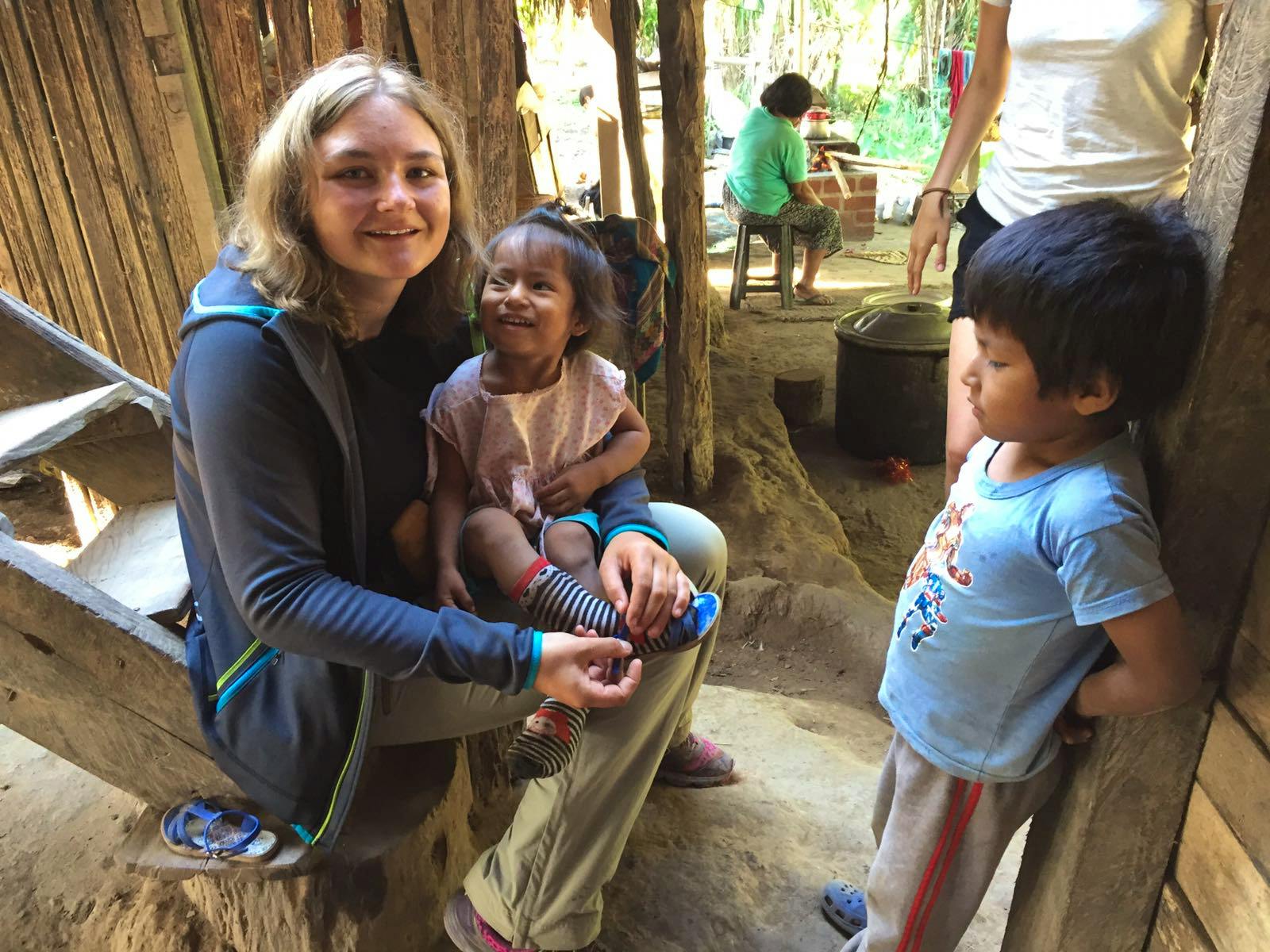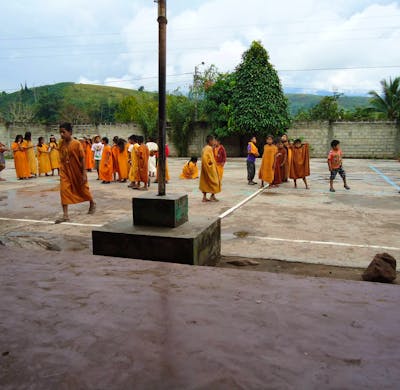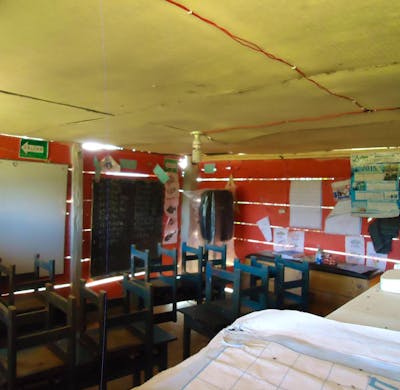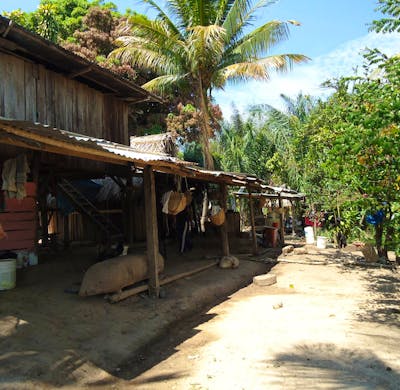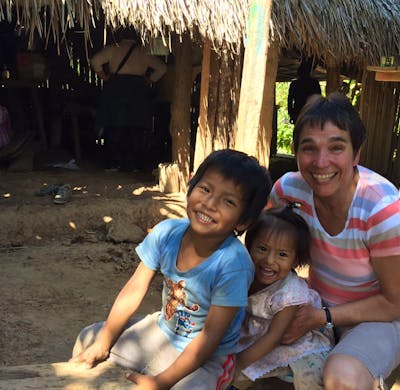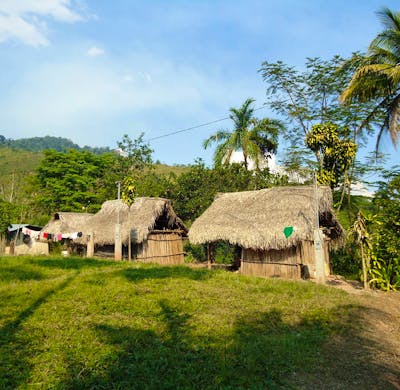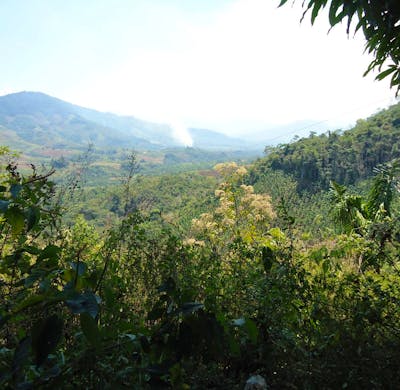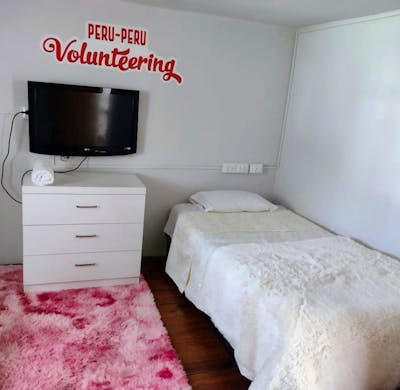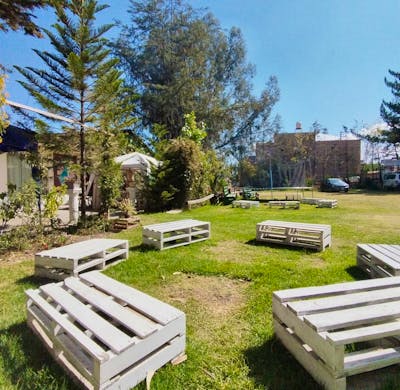2023 at Sports Trainer
vanaf 1.980€
Supporter for Native Community
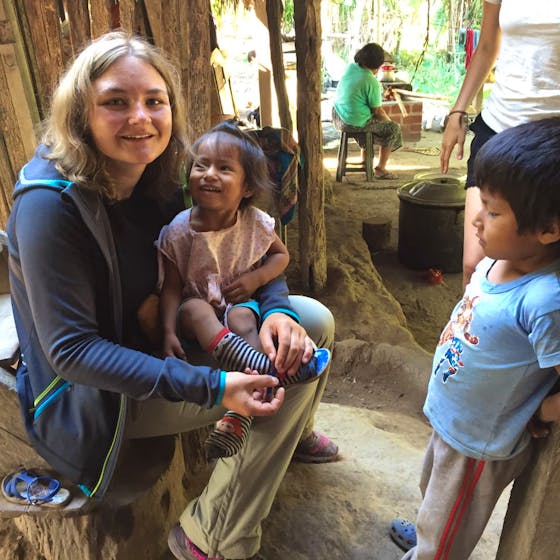
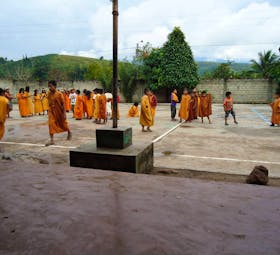
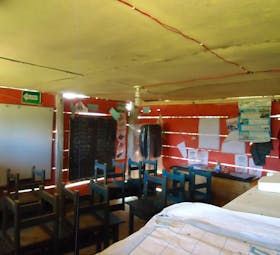
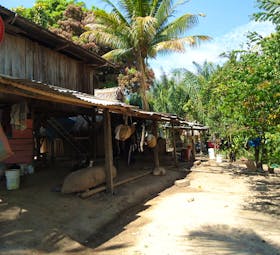
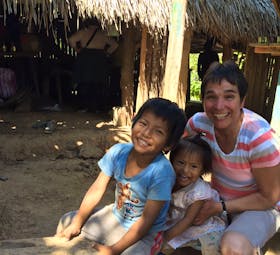
Highlights
- experience the amazonic way of life and enjoy afternoon siestas and parties every day
- Gain spanish fluency by living with a host family and sharing daily life with locals, .
- Become more passionate about your major and propel your career with international experience ,
- Make memories you´ll never forget trekking and swimming with the ashaninka children and international volunteers
- Visit the best cofee and cacao land in the high central andes in Peru,
Vooral geschikt voor
Over het programma
Community projects , environmental education , children education . ecofarming , social work, medical assistance,
Our Mission
As a volunteer of this program, you will live with a small native community of the Ashaninka tribe. You will have the opportunity to have a positive impact on the families, especially the children, who need support in academic as well as social skills, in the development of self-esteem, ...
Dagelijkse activiteiten
Vrijetijdsactiviteiten
During your freetime you can go hiking around the mountain area where the Ashaninka tribe is located as well visiting various beautiful water falls close to tribe.
The next city, Satipo, is also worth visiting. There you can find food markets, restaurants, churches, parks and a tourist information ...
Voorwaarden
Diensten ingesloten
Wat is er NIET inbegrepen?
Gegevens over jouw aankomst
the school time is from march to december, in january, february and march, the weather is wet and the children are on holidays .
the nearest airport is jauja, the best bus service is movil tours , the best time of the year is after february and before january.
Programmakosten
Ontmoet je organisatie

Peru Peru Volunteering
NGO - opgericht in 2002
Geverifieerd door Volunteer World
Gepresenteerd door
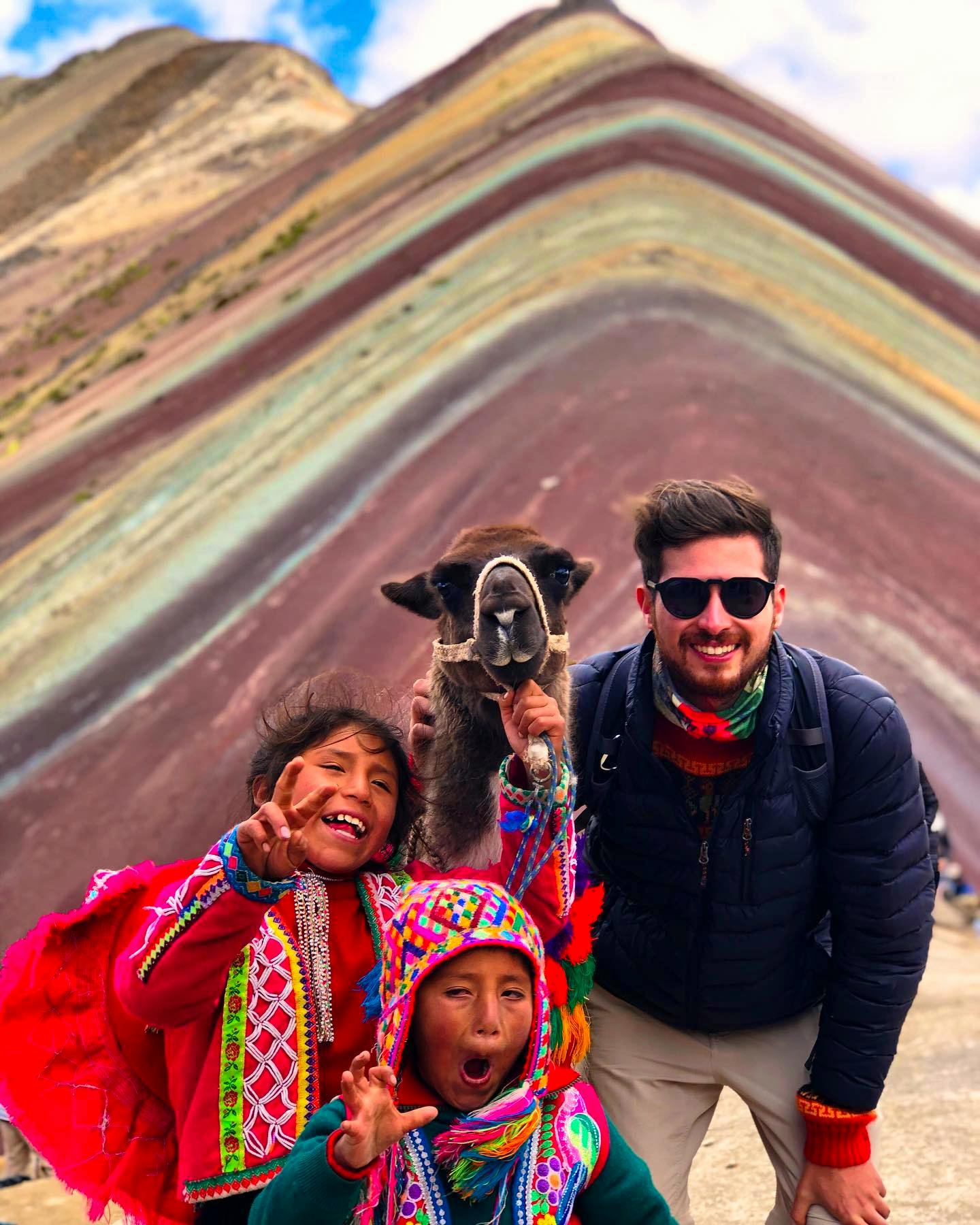
Veronica Ruth Angela
Over de organisatie
7 beoordelingen ·  4.3
4.3
Plaats

Misschien ben je ook geïnteresseerd in
-
Amazone regenwoud
50 Plussers
Familie
Latijns Amerika
Groep
Koppels
Project buitenland
Vrijwilligerswerk op korte termijn
Beste vrijwilligersprogramma's
Vrijwilligersreizen voor studenten
Volwassene
